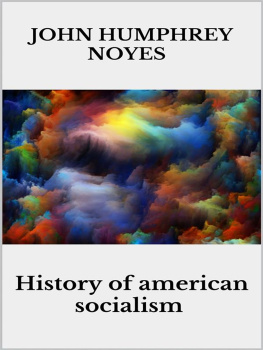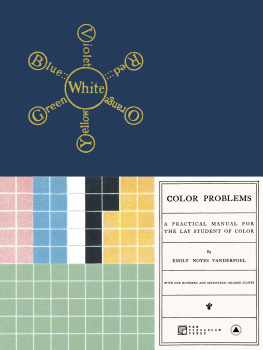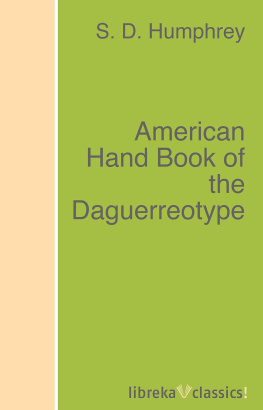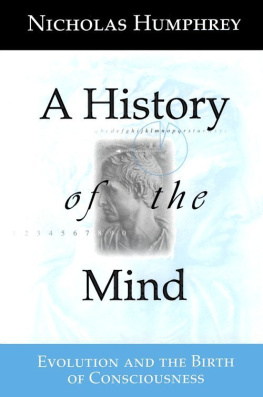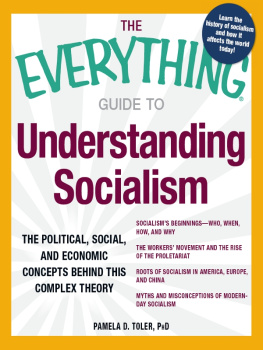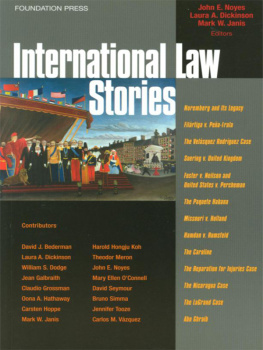AMERICAN SOCIALISMS.
BY
JOHN HUMPHREY NOYES.
This is an exact reprint
of the scarce 1870 edition
This edition
Limited to 500 Copies
PREFACE.
The object of this book is to help the study of Socialism by the inductive method. It is, first and chiefly, a collection of facts; and the attempts at interpretation and generalization which are interspersed, are secondary and not intentionally dogmatic.
It is certainly high time that Socialists should begin to take lessons from experience; and for this purpose, that they should chasten their confidence in flattering theories, and turn their attention to actual events.
This country has been from the beginning, and especially for the last forty years, a laboratory in which Socialisms of all kinds have been experimenting. It may safely be assumed that Providence has presided over the operations, and has taken care to make them instructive. The disasters of Owenism and Fourierism have not been in vain; the successes of the Shakers and Rappites have not been set before us for nothing. We may hope to learn something from every experiment.
The author, having had unusual advantages for observing the Socialistic movements, and especial good fortune in obtaining collections of observations made by others, has deemed it his duty to devote a year to the preparation of this history.
As no other systematic account of American Socialisms exists, the facts here collected, aside from any interpretation of them, may be valuable to the student of history, and entertaining to the general reader.
The present issue may be considered a proof-sheet, as carefully corrected as it can be by individual, vigilance. It is hoped that it will call out from experts in Socialism and others, corrections and additions that will improve it for future editions.
Wallingford, Conn., December, 1869.
CONTENTS.
| CHAPTER | PAGE |
| I. | 1 |
| II. | 10 |
| III. | 21 |
| IV. | 30 |
| V. | 44 |
| VI. | 59 |
| VII. | 66 |
| VIII. | 73 |
| IX. | 81 |
| X. | 93 |
| XI. | 102 |
| XII. | 119 |
| XIII. | 133 |
| XIV. | 154 |
| XV. | 161 |
| XVI. | 181 |
| XVII. | 193 |
| XVIII. | 200 |
| XIX. | 211 |
| XX. | 233 |
| XXI. | 251 |
| XXII. | 267 |
| XXIII. | 278 |
| XXIV. | 286 |
| XXV. | 296 |
| XXVI. | 309 |
| XXVII. | 316 |
| XXVIII. | 328 |
| XXIX. | 354 |
| XXX. | 366 |
| XXXI. | 377 |
| XXXII. | 388 |
| XXXIII. | 397 |
| XXXIV. | 404 |
| XXXV. | 411 |
| XXXVI. | 449 |
| XXXVII. | 468 |
| XXXVIII. | 487 |
| XXXIX. | 512 |
| XL. | 529 |
| XLI. | 537 |
| XLII. | 551 |
| XLIII. | 564 |
| XLIV. | 577 |
| XLV. | 595 |
| XLVI. | 614 |
| XLVII. | 646 |
| XLVIII. | 658 |
AMERICAN SOCIALISMS.
CHAPTER I.
INTRODUCTORY.
Many years ago, when a branch of the Oneida Community lived at Willow Place in Brooklyn, near New York, a sombre pilgrim called there one day, asking for rest and conversation. His business proved to be the collecting of memoirs of socialistic experiments. We treated him hospitably, and gave him the information he sought about our Community. He repeated his visit several times in the course of some following years, and finally seemed to take a very friendly interest in our experiment. Thus we became acquainted with him, and also in a measure with the work he had undertaken, which was nothing less than a history of all the Associations and Communities that have lived and died in this country, within the last thirty or forty years.
This man's name was A.J. Macdonald. We remember that he was a person of small stature, with black hair and sharp eyes. He had a benevolent air, but seemed a little sad. We imagined that the sad scenes he had encountered while looking after the stories of so many short-lived Communities, had given him a tinge of melancholy. He was indeed the "Old Mortality" of Socialism, wandering from grave to grave, patiently deciphering the epitaphs of defunct "Phalanxes." We learned from him that he was a Scotchman by birth, and a printer by trade; that he was an admirer and disciple of Owen, and came from the "old country" some ten years before, partly to see and follow the fortunes of his master's experiments in Socialism: but finding Owenism in ruins and Fourierism going to ruin, he took upon himself the task of making a book, that should give future generations the benefit of the lessons taught by these attempts and failures.
His own attempt was a failure. He gathered a huge mass of materials, wrote his preface, and then died in New York of the cholera. Our record of his last visit is dated February, 1854.
Ten years later our attention was turned to the project of writing a history of American Socialisms. Such a book seemed to be a want of the times. We remembered Macdonald, and wished that by some chance we could obtain his collections. But we had lost all traces of them, and the hope of recovering them from the chaos of the great city where he died, seemed chimerical. Nevertheless some of our associates, then in business on Broadway, commenced inquiring at the printing offices, and soon found acquaintances of Macdonald, who directed them to the residence of his brother-in-law in the city. There, to our joyful surprise, we found the collections we were in search of, lying useless except as mementos, and a gentleman in charge of them who was willing we should take them and use them as we pleased.
On examining our treasure, we found it to be a pile of manuscripts, of letter-paper size and three inches thick, with printed scraps from newspapers and pamphlets interspersed. All was in the loosest state of disorder; but we strung the leaves together, paged them, and made an index of their contents. The book thus extemporized has been our companion, as the reader will see, in the ensuing history. The number of its pages is seven hundred and forty-seven. The index has the names of sixty-nine Associative experiments, beginning with Brook Farm and ending with the Shakers. The memoirs are of various lengths, from a mere mention to a narrative of nearly a hundred pages. Among them are notices of leading Socialists, such as Owen, Fourier, Frances Wright, &c. The collection was in no fit condition for publication; but it marked out a path for us, and gave us a mass of material that has been very serviceable, and probably could not elsewhere be found.

